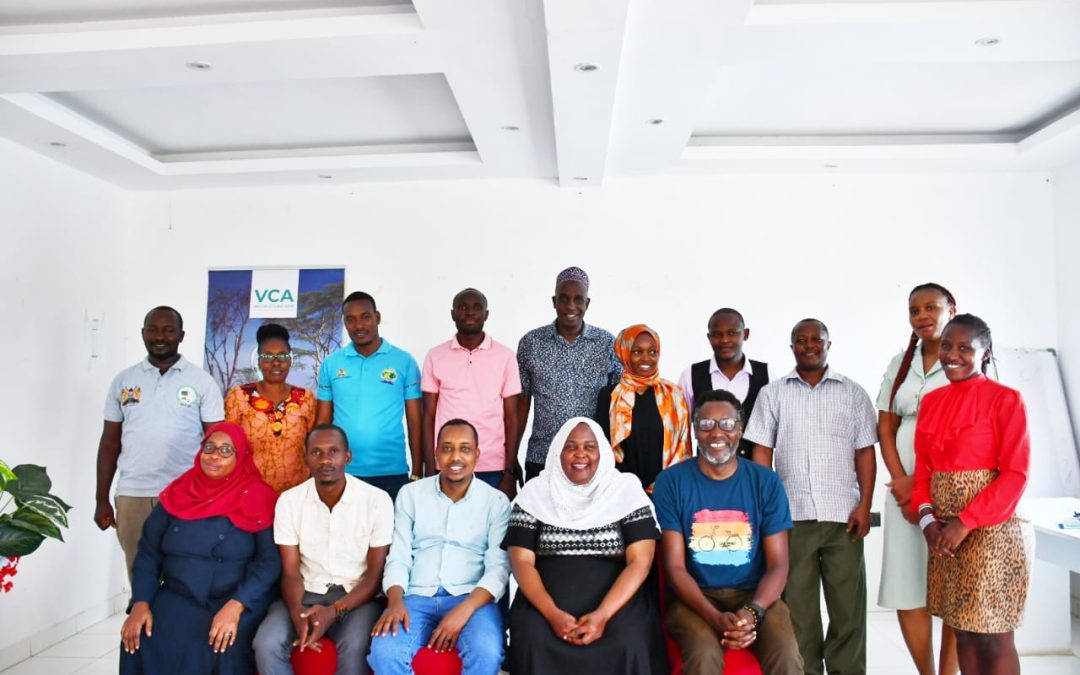On 4th of July the legal Resources Foundation conducted Ecologically Sensitive Planning and Budgeting Workshop in Tana River County at Tana Gran Hotel in Hola. This workshop was convened with thematic Tana River County Assembly Committees on Environment, Natural Resources, Agriculture, and budget committee.
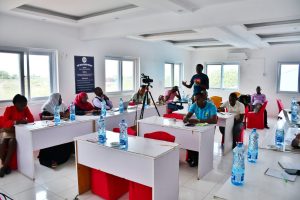
This workshop engaged the participants on conversations on how climate change manifests interdepartmentally at the county level, and the corresponding financing needs for integrating the same with planning purposes.
The activity was attended by seventeen (17) participants, and involved an analysis of Climate Change legislations and policies in Tana River County, including an assessment of how these frameworks address climate change budgeting, financing, and community participation with regards to climate change decisions.
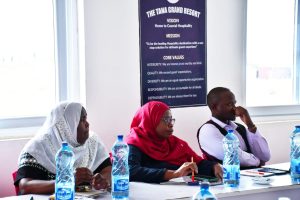
The participants were taken through the comparative climate change policies and financing study which was conducted in 2021, which targeted Tana River County, that the key county assembly committees and county directorates to come up with proposed action plan for consideration, including areas which required further advocacy to ensure that the county deploys ecologically sensitive planning and budgeting in the county.
Tana River County is a recipient of Financing Locally-Led Climate Action (FLLoCA) funding. The county has allocated the 2% development budget to relevant departments which has surpassed the legal requirement for a 2% climate fund from county budget by allocating 2.5% for the fund. The funding has enabled the county to develop a contingency plan to respond to climate change disasters.
And though this is the case, Tana River continue to face harsh climate change conditions and resource-based conflicts. Sea water intrusion into the river ecosystems has become a menace, and continues to impact livelihoods of people across the River Tana ecosystem. Resource-Based Conflicts around livestock grazing fields, shared wildlife and livestock water points, wildlife and human shared farm lands and water remain a challenge in Tana River County.
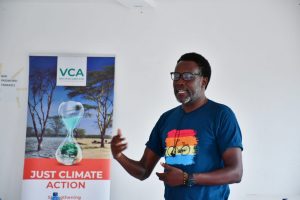
The county is also experiencing proliferation of invasive tree species which is affecting livestock and crop propagation in Tana River, resulting in losses in livelihood activities. River Tana is an exceptional resource in the County and the value of the river has led to cross-boundary conflicts with neighboring counties such as Garissa and Isiolo Counties on issues around livestock, River Tana shared water ecosystem and resource and boundaries.
Tana River been adversely impacted by two waves of floods in six months which led to people’s displacement, disruption of livelihoods and transport with little support from the state.
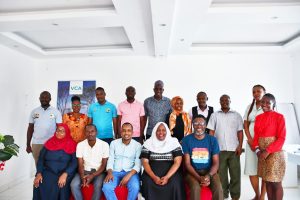
The participants agreed that
- The county should consider an ecosystem-based approach to regeneration and restoration of the River Tana ecosystem. Additionally, there is need for a Tana River Ecosystem Research to inform this particular process.
- Water department should fundraise for solarization of water service provision.
- There is also need for a Multi-Sectoral Routine Surveillance (MSRS) to manage vectors
- There is need for capacity strengthening of communities to meaningfully engage in climate change response processes.
Recommendations from the workshop include:
- Fisheries and blue economy need to be more prioritized
- The county needs more resources to ensure climate science and disaster risk management informed planning and budgeting
- Agriculture is a critical function and should therefore be adequately resourced & report back on research findings
- There is need for meaningful engagement of communities

